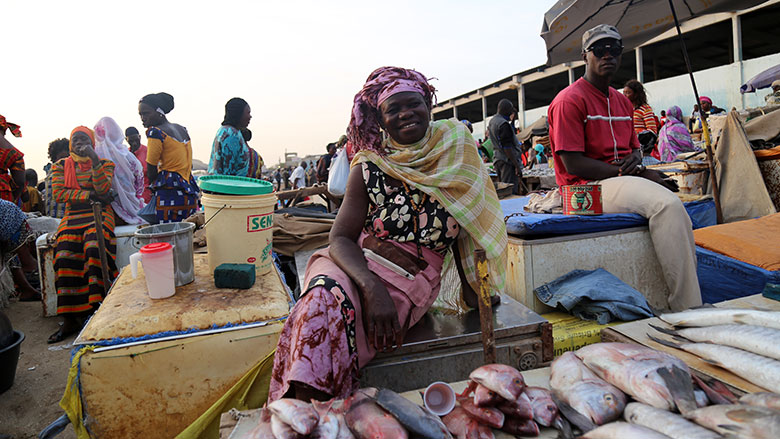
The coastal regions of Africa are renowned for their rich marine ecosystems, teeming with a variety of fish species. Nations like Senegal, Ghana, and South Africa boast bustling fishing industries, contributing significantly to their economies. In Senegal, for instance, fishing employs over 600,000 people and is a cornerstone of the nation’s economy, providing livelihoods for numerous families along its coastline.
Moreover, inland water bodies such as Lake Victoria, Lake Tanganyika, and the Niger River are vital sources of freshwater fish. These waterways support thriving fishing communities that heavily rely on the abundance of fish stocks for sustenance and income. The fisheries sector serves as a crucial pillar for food security in many African countries, with fish being a primary source of protein for millions of people.
However, the fishing industry in Africa faces various challenges, including overfishing, illegal fishing practices, and environmental degradation. Overfishing, driven by increased demand and unsustainable practices, threatens the balance of aquatic ecosystems, endangering fish stocks and the livelihoods dependent on them. Additionally, pollution and climate change pose significant risks to the health and productivity of Africa’s coastal and inland waters, impacting fish populations and the communities that depend on them.
Efforts are being made to address these challenges and promote sustainable fishing practices across the continent. Several African nations, along with international organizations and NGOs, are implementing measures to conserve fish stocks, enforce fishing regulations, and support local fishing communities. Initiatives focused on educating fishermen about sustainable practices, regulating fishing activities, and monitoring fish populations aim to ensure the long-term viability of Africa’s fisheries.
Furthermore, advancements in technology and innovations in aquaculture are offering new opportunities for sustainable fish farming, supplementing wild-caught fish and reducing pressure on natural stocks. Aquaculture initiatives are gaining traction in various African countries, providing an alternative source of income for coastal communities and contributing to meeting the increasing demand for seafood.
The significance of Africa’s fisheries cannot be overstated, as they continue to play a vital role in the livelihoods of millions while contributing to global seafood supplies. Sustainable management and conservation efforts are crucial to safeguarding these invaluable resources for future generations, ensuring that Africa’s rich coastal waters and inland lakes remain bountiful sources of livelihood and sustenance.
As the continent strives for economic development and environmental preservation, the preservation of these aquatic ecosystems stands as a testament to Africa’s commitment to harnessing its natural resources responsibly while nurturing its communities and biodiversity.
